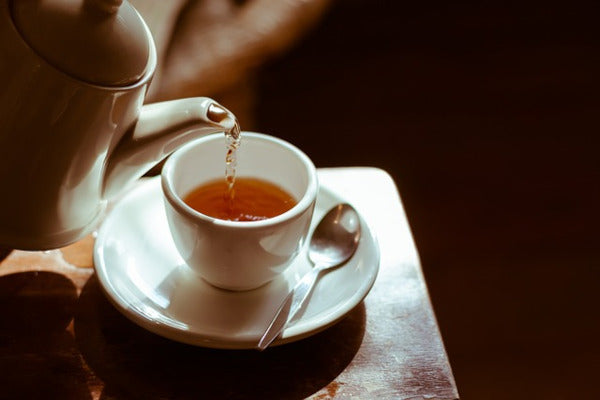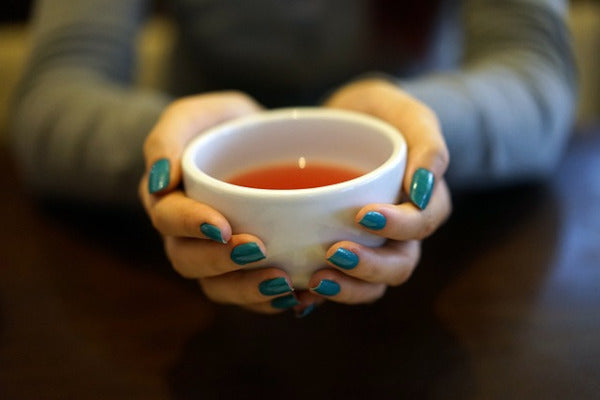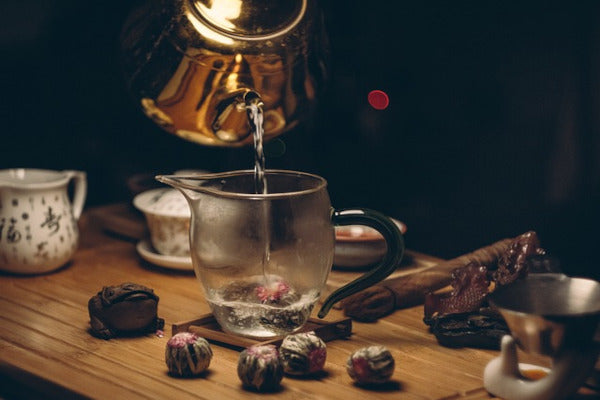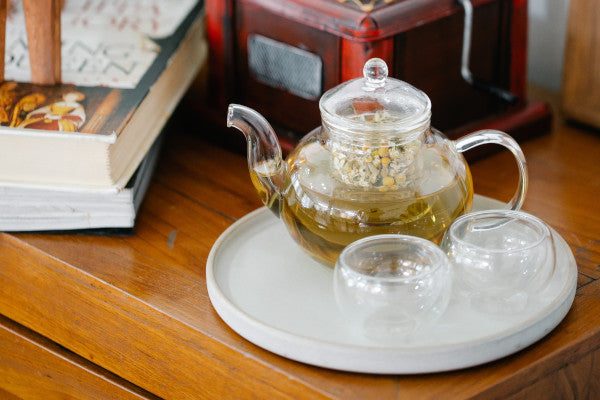The authentic lemon tree is a small hybrid tree cultivated from wild plants and grows to between 3 and 6 meters tall. It has softly scented white flowers and produces oval fruits with acidic yellow flesh.
Tetique is a company committed to sustainability and the environment. As suppliers of organic tea , we work responsibly to offer the highest quality products without harming nature to companies in the hospitality and coffee industry. We are proud to say that all our teas are made with organic ingredients, free of pesticides and chemicals that are harmful to the environment.
History of lemongrass cultivation
As with other citrus fruits, the exact origins of the lemon tree remain a mystery, although it has been linked to northwestern India. These trees are said to have arrived in Europe via southern Italy in 200 AD and were cultivated in Iraq and Egypt by 700 AD. From there, they reached Sicily and China, and were later distributed by the Arabs throughout the Mediterranean region.
Lemongrass is a medicinal plant with a rich history and has been used for centuries as a primary resource for preventing or treating human diseases. Today, its ground and dried leaves are commonly used in tea infusions , soups, and curries, and are also used with fish and seafood.
Lemongrass is known worldwide for its varied uses in cooking (for example in India), as a beverage, or as an essential oil. Depending on the location and country, it is known by different names, such as lemon tea, lemongrass, lemon verbena, lemongrass, citronella grass, lemongrass, or lemon verbena.
In tea or infusion, lemongrass can be used as an antiperspirant and a fabulous skin tonic. If you have a slight fever, a lemongrass infusion will help relieve it. It also has a diuretic and stimulating effect, not to mention the characteristic lemon flavor it leaves in the cup.
Benefits of Lemongrass
Lemongrass Infusions: Lemongrass has gained a lot of interest from major producers of organic infusions and teas because it combines very well with other types of teas and, due to its character and aroma, always results in a very refreshing and interesting blend.
Lemongrass is often found as a base in homemade Iced Tea recipes.
Lemongrass Essential Oil: Once you use lemongrass essential oil, the possibilities for its use become endless. This oil is an excellent analgesic, and problems like depression and stress will find this oil a strong opponent. It's also used to make homemade deodorant or as a fungicide to repel mosquitoes. If you want to ward off pesky mosquitoes, decorate your window or garden with this plant; mosquitoes don't like the essential oil.
Effective Lemongrass Tonic: A perfect recipe for toning your facial skin: prepare an infusion steeped in lemongrass leaves, pour it into a clean container, and refrigerate overnight. It's recommended to use this liquid as a skin toner in the morning and at night, and the shine and excess oil will disappear shortly after use.
Lemongrass in the kitchen: Since fresh lemongrass leaves have a delicious lemony flavor and smell, finely chopped leaves are always a great option for adding a rich touch to salads, mayonnaise, fish, and other dishes.
Furthermore, lemon is a fruit that combines with practically any type of tea, as is the case with ginger infusion .






